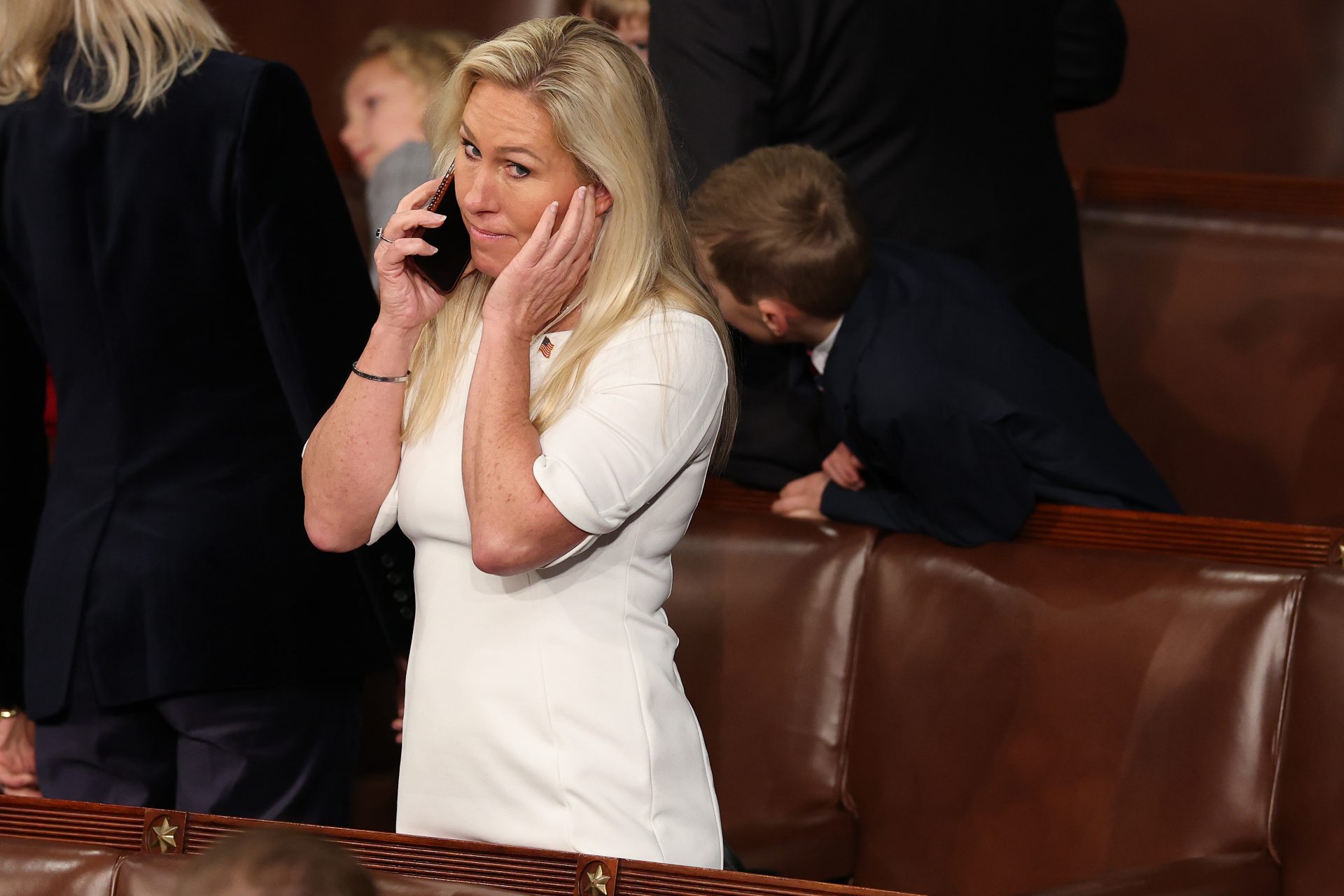Do Not Resuscitate Orders: a confusing path to determining your death
A Do Not Resuscitate Order (DNR) is a document that informs medical personnel when a patient does not wish to receive CPR or other resuscitating care in the event of a deadly event.
DNRs are a tool for patients to choose when to let go. It could be for religious reasons or others, like the understanding that life after resuscitation can be challenging due to the physical consequences.
According to The New York Times, the percentage of patients with DNRs grows significantly among people older than 85 years. The consequences of CPR in older or fragile bodies can be severe.
However, DNRs are also confusing for physicians and other health professionals. In some cases, doctors deny care to patients with DNRs, and in others, they override the orders.
The NY Times said doctors commonly override DNRs. Sometimes, the medical staff is unaware of the order, and other doctors knowingly ignore the pledge due to the patient's circumstances.
Dr. Max Vergo, a palliative care doctor at Dartmouth Health in New Hampshire, explained to The NY Times that resuscitation has changed.
In the 1960s, Dr. Virgo said, resuscitation referred exclusively to CPR, chest compressions, and ventilation after cardiac arrest. However, now it includes other care even as the patient's heart still beats.
That is why, in some cases, doctors can interpret treatments as keeping the patient alive, not resuscitating them. The NY Times cited the case of a patient who was intubated against her will.
The blurry lines around the concept can also cause doctors to deny care before cardiac arrest when they misunderstand what a patient wants. According to The NY Times, mortality rates are worse for DNR patients.
The newspaper quoted a 2017 survey of 553 US medical residents that found that a significant portion would have mistakenly denied medical care to a DNR patient in hypothetical scenarios.
"In one scenario, 41 percent said they would not transfer the patient to the intensive care unit, and 62 percent would not have administered dialysis," the newspaper said.
Age Scotland, a charity for older adults, told the BBC that patients have accidentally discovered that their National Health Service doctor had created DNRs for them without their knowledge.
Researchers from Essex University also told the broadcaster that some elder care homes are "inappropriately" denying DNR patients access to certain medicines or transfers to hospitals.
According to the NY Times, medical institutions seek solutions to clarify the confusion around DNRs and allow doctors to more easily respect patients' wishes.
One possible solution the newspaper mentioned was changing the name of DNRs to clarify the document's purpose. It quoted "do not attempt resuscitation" or "allow natural death" as examples.
Other doctors have suggested "No CPR" or documents that specifically name the resuscitating procedures that patients do not want.
More for you
Top Stories




























